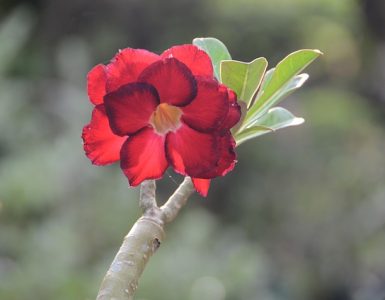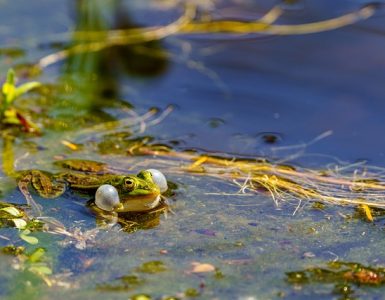Think of composting as recycling for food and yard waste. Instead of ending up in a landfill, where they just sit and rot, these materials break down naturally to create nutrient-rich compost. This process not only reduces the volume of waste sent to those crowded landfills, but it also cuts down on greenhouse gas emissions. Isn’t that amazing? By composting, you’re essentially giving new life to organic materials, turning them into a rich soil amendment that’s like gold for your plants.
And let’s talk about soil health. When you mix compost into your soil, it acts like a superhero cape for your garden. It improves soil structure, enhances water retention, and encourages beneficial microorganisms. Healthy soil means healthy plants, which means better food for us and thriving ecosystems. Plus, using compost reduces the need for chemical fertilizers, which can harm nearby wildlife and waterways. So, by composting, you’re limiting potentially harmful runoff and creating a habitat that supports biodiversity.
The Basics of Starting a Compost Bin

First off, pick a spot in your yard that’s easily accessible and gets a bit of sun. Think of it as your composting canvas! Grab a bin—whether it’s a fancy store-bought one or a simple homemade creation from wooden pallets or wire mesh. Don’t sweat the details; even a pile on the ground works if you’re feeling adventurous!
Next up, let’s talk about what goes in. Your compost bin loves a mix of greens (kitchen scraps like veggie peels, grass clippings) and browns (such as dried leaves or coffee grounds). It’s like whipping up a delicious salad! Balance is key, so aim for a ratio of 2:1—more browns than greens. And while you might be tempted to add those crispy pizza boxes, steer clear of meat or dairy. They might turn your bin into a smelly science experiment!
Now, here’s where the fun begins. Turn your pile every few weeks to speed up the process and keep those earthy smells pleasant. Imagine giving your compost a little dance party! After a few months, you’ll notice it transform into dark, crumbly goodness. Just like that, you’ve turned waste into a gardening treasure.
How It Reduces Waste and Enriches Soil
Picture this: Instead of throwing away vegetable scraps and coffee grounds, you toss them into a compost bin. Over time, these bits break down, transforming into a rich, dark substance that’s often referred to as “black gold” by gardeners. This process not only keeps tons of organic waste out of landfills, which is a huge win for our planet, but it also creates a nutrient powerhouse that your plants will love.
Now, think about soil as a sponge—it should be capable of soaking up water and nutrients. When you add compost to it, you’re effectively putting a boost in that sponge! Compost improves soil structure, making it both porous and rich. This means it can hold moisture and nutrients much better. Plus, you’ll find your plants thriving, as compost slowly releases nutrients. It’s like giving them a buffet they can feast on whenever they need!
























Add comment